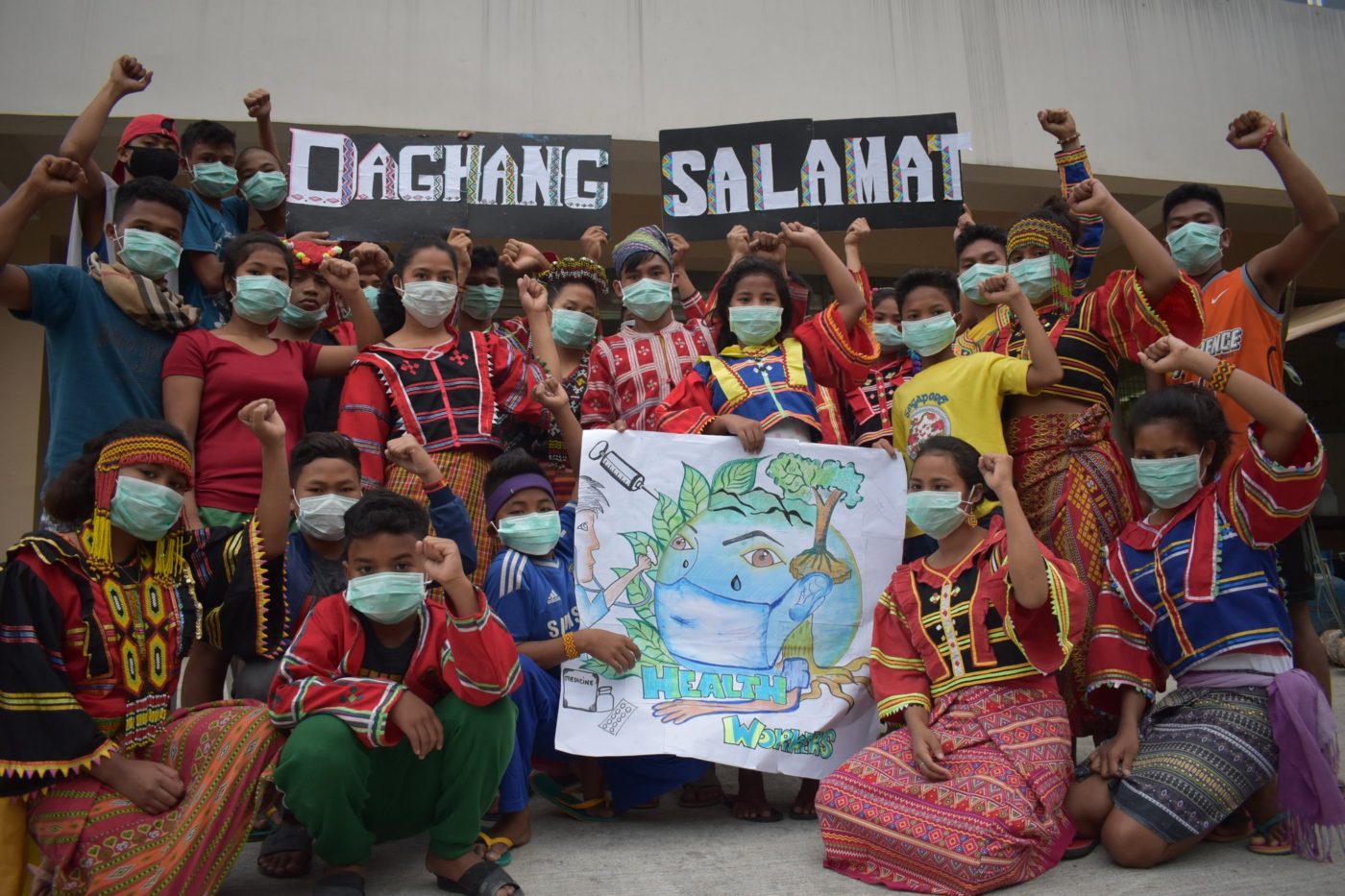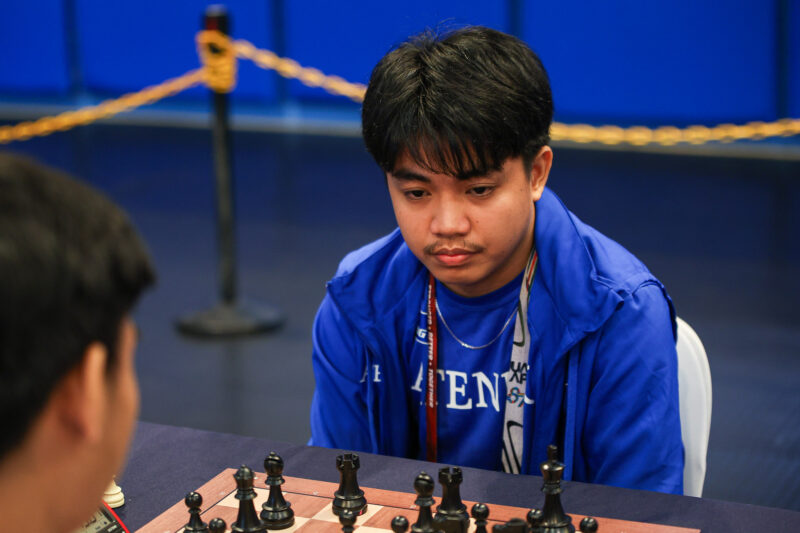AMONG THE many sectors affected by the COVID-19 pandemic are the indigenous people (IP) who have faced marginalization and lacking medical support long before the pandemic’s onset. Although these struggles are not new for IPs, the pandemic has both highlighted and aggravated the underlying inequalities against this vulnerable minority.
According to the United Nations, IPs around the world are at disproportionate risk to COVID-19 as access to basic services and information remains inaccessible. Although they have shown their resilience through community-led responses, IPs’ basic human right to proper medical care and protection are yet to be met amid the COVID-19 pandemic.
Aggravated Conditions
The COVID-19 pandemic has affected livelihoods of IPs nationwide, such as agriculture for the Igorots in Sagada and tourism for the Dumagats in the Sierra Madre. Philippine Indigenous Community Conserved Area Consortium President and a member of the Kankanaey demographic Giovanni Reyes said that social distancing and the lack of transport have made it difficult for IP farmers to bring their vegetables to the cities.
Moreover, Kababaihang Dumagat ng Sierra Madre President Ma. Clara Dullas noted in a webinar highlighting IP narratives that travel restrictions have also caused many Dumagats working in tourism to revert back to farming. These communities were already experiencing a high degree of socio-economic marginalization; the pandemic only exemplified this with losses in their livelihoods and economic stagnation.
The Igorots, according to Reyes, have managed to cope with the consequent effect of food shortage by using their agamang or rice granary as food storage. However, other communities such as the Dumagats depend on their local government for food packages, as access to the forest and rivers are restricted due to lockdown measures.
This inaccessibility of resources also extends to other services such as healthcare. According to a report on the impact of COVID-19 on indigenous communities, IP health facilities in the Philippines are “moderately inaccessible” due to their far distance from the communities. Additionally, it found that access to culturally appropriate health services that consider indigenous languages, values, and beliefs is low. These communities thus rely on traditional medicine, lockdowns, and rituals to cope with the pandemic. “Pakiramdam na lang kung ano ang nararamdaman nung tao…but to know whether it is COVID or not, syempre hindi pa nila alam yun. (People might gauge how they’re feeling…but to know whether [the IP’s contracted] COVID or not, they wouldn’t know),” Reyes said.
Lacking attention and support
This uncertainty over COVID-19 cases in IP communities coincides with the lack of IP data from the Department of Health (DOH). Nonetheless, the DOH has stated in their Stakeholder Engagement Plan that they aim to coordinate with relevant agencies, such as the National Commission on Indigenous Peoples (NCIP), in further consulting IPs.
For NCIP secretary Allen Capuyan, their agency has been consulting with IPs to ensure the latter’s inclusion in shaping COVID-19 response. Government relief aid, with the occasional help of the military, has also been allocated to other IP communities and those stranded in the city.
Despite these efforts, many non-government organizations (NGOs) still find themselves filling in the gaps of government response. Dullas recalled that their Dumagat community had only been contacted twice by the local government. “Halos po mga private [groups], mga NGOs, ang nakapag-bigay sa amin ng mga relief goods para ipamahagi…sa komunidad (It was mostly private [groups], like NGOs, who were able to give us relief goods which we could distribute to…the community),” she said.
Aside from lacking support, IPs have also been vulnerable to arrests and killings by state forces. A Kabataan para sa Tribung Pilipino (KATRIBU) special report cited at least 27 cases of military and police harassing and red-tagging IP members and activists. These red-tagging instances are due to IP resistance against aggressive development projects in their domains, Reyes said. He also lamented that extractive companies have been allowed to continue operating amidst the lockdown.
These long-standing issues on access to social services, lacking data and state support, red-tagging, and incursions on IP domains, persistently contribute to the sector’s marginalization.
Collective engagement
Although various issues face the IP sector, numerous laws have long existed to protect their rights and ancestral domains. For Reyes, however, the government fails to enforce many of these laws.
Reyes pointed out that various laws recognize the rights of IPs—from constitutional provisions, the Indigenous Peoples Rights Act, and the Expanded National Integrated Protected Areas Systems. “[But] when it comes to implementation, [you lose the] spirit of the law,” he said, explaining how laws still fall short in protecting IPs rights.
Moving forward, Reyes highlighted the “facilitative and technical” role of NGOs. He reiterated that NGOs and various levels of government should engage with one another in order to ensure that IP efforts and policies are inclusive to traditional community practices.Beyond actions on the ground, efforts must also be made at the institutional level to provide the basic human right to medical care, especially to the most marginalized Filipinos. “Transformational change, sana, [should] not take place in the communities [only] but it should also take place in the level of the bureaucracy,” Reyes said.




